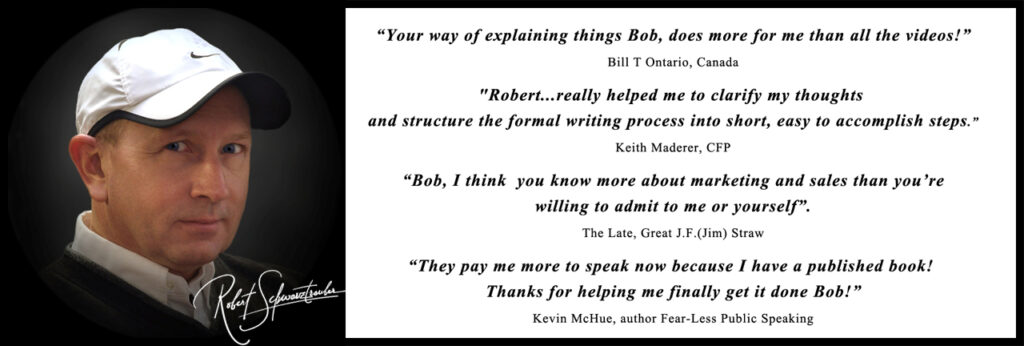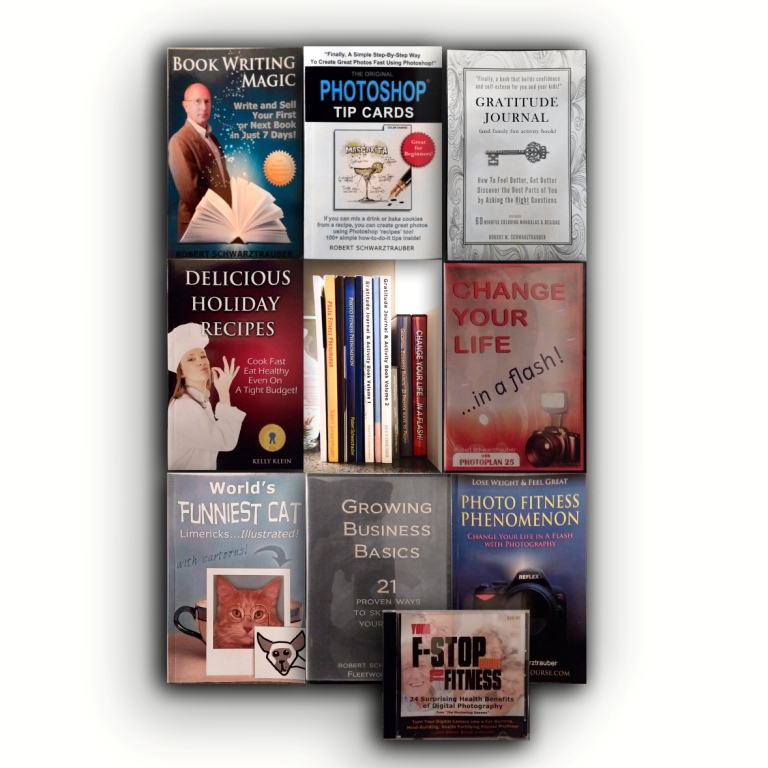
“Are you even listening!”
I barked at my daughter.
She popped over for dinner the other night.
My wife and I got on the topic of future travel plans. We always try to include all the kids in our travels, as much as everyone’s busy work schedules allow. Since our youngest was here now having dinner, it seemed like a good time to bring it up.
This was supposed to be a fun chat!
I should preface this by saying that we’ve had a pretty firm “NO PHONES AT THE TABLE” policy since they were young. Exceptions occur when expecting something important lets say. But texting, scrolling, etc are frowned upon during our meals together.
But there she was. Thumbs a blazing. Texting someone. (that is to say, paying no attention to the people, family, she “popped over to spend time with”)
I’m sure this is nothing new for you too. Product of the times.
And exactly the reason I’m writing about this now.
Everyone is walking around today in a Bubble of Preoccupation. Most often, with their attention hijacked by some sort of cell phone use.
- People walk right out into traffic, eyes glued to the cell phone. Oblivious to the dangers.
- They drive while using it. Crash and die while using it, despite specific laws prohibiting such reckless behavior.
- They blatantly ignore the people they love, who are right there with them, to scroll on their phones instead.
Surrounded nearly every waking hour of their life, by not only smart phones, but also by their regular duties, jobs, tasks, worries, to-do-notes, and things they must remember not to forget…
How in the world can little old you, a complete stranger, expect to bust through this Bubble of Preoccupation to get your message through? Let alone persuade them to do the thing you wish them to do?
Even when that thing is clearly to their benefit!
If you would have any chance whatsoever of busting through this Bubble of Preoccupation, “BOP” for short, your message, think of this as your shot from a gun, is going to need a minimum of three things:
- Velocity – you better come in hot, and fast. You’ve got 6 seconds, tops, to get and hold their attention. Here’s a quick experiment you can do to convince yourself of our short attention spans. Watch any popular TV show, movie, or YouTube video. Notice how a new angle, clip, or break occurs every 6 seconds or so. CAUTION! – Once you try this you can’t un-see what they’re doing to you. They don’t do it for fun. It’s clearly more work to edit short video clips in. They do it because research has shown we start losing attention after 6 seconds.
- Mass – clearing your throat, or softly saying, “excuse me” isn’t going to work to get their attention. Spitball? Not going to burst the bubble. This requires something really solid. An irresistible offer. A clever, time-saving tip to do something they have to do. Content, message, or product so relevant and useful it can’t be ignored. And you should expect to keep firing more of the same at them. One shot seldom gets the job done. More. More. More! One more! Keep firing until they buy, die, or tell you to go away.
- Angle – If you come at your prospect from the wrong angle, you’ll just bounce off. You won’t get through to them. Carnival Carnies know this. They take all your money using this one principle. If you’ve ever tossed darts at the balloon wall, hoping to win a prize, you know it’s rigged. The darts bounce off. You can’t pierce the balloon unless you hit it at the proper angle. Same with people. Say you come at me telling me how much money I could save, but I’m more concerned with saving time – I don’t hear you! Wrong approach angle. And I’m definitely not going to buy whatever it is you are selling. “Bounce off man!”
Let’s wrap this up tight with a pretty bow before we go….
Velocity and mass are pretty straight forward I think. Hit’m fast and hit’m hard. Repeatedly.
Angle is a bit more nuanced. It takes strategic thought, planning, and some good data to know the best way to approach someone. To bust through their Bubble of Preoccupation. To persuade them. And come away with a positive outcome for all.
A successful process always starts with asking the RIGHT questions.
How do you get this strategic knowledge?
Smart ones start with the Persuasion Tool Kit.
Robert Schwarztrauber
P.S. 100 years of proven, scientific persuasion principles from some of the most respected marketers, salesmen, copywriters, and psychologists have gone into creating the Persuasion Toolkit. (You’ll probably know some of their names already.) Listen, if your livelihood, or standard of living depends upon getting people to do something, you’ll kick yourself later if you don’t take 6 seconds now to have a look at the new Persuasion Tool Kit. Here’s the link again.




